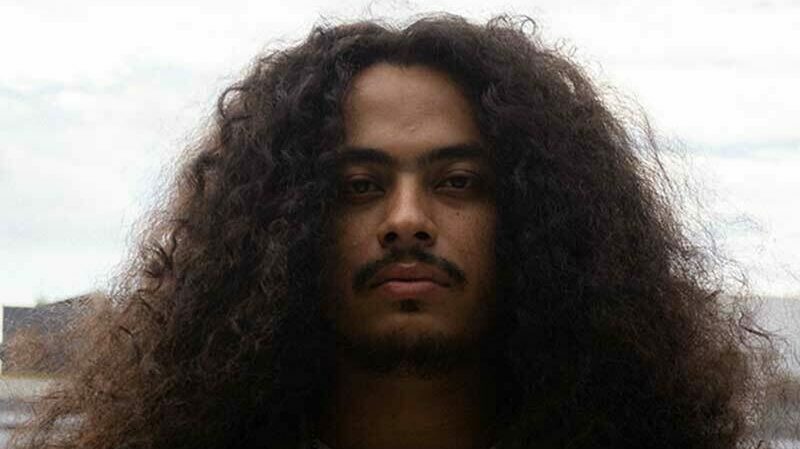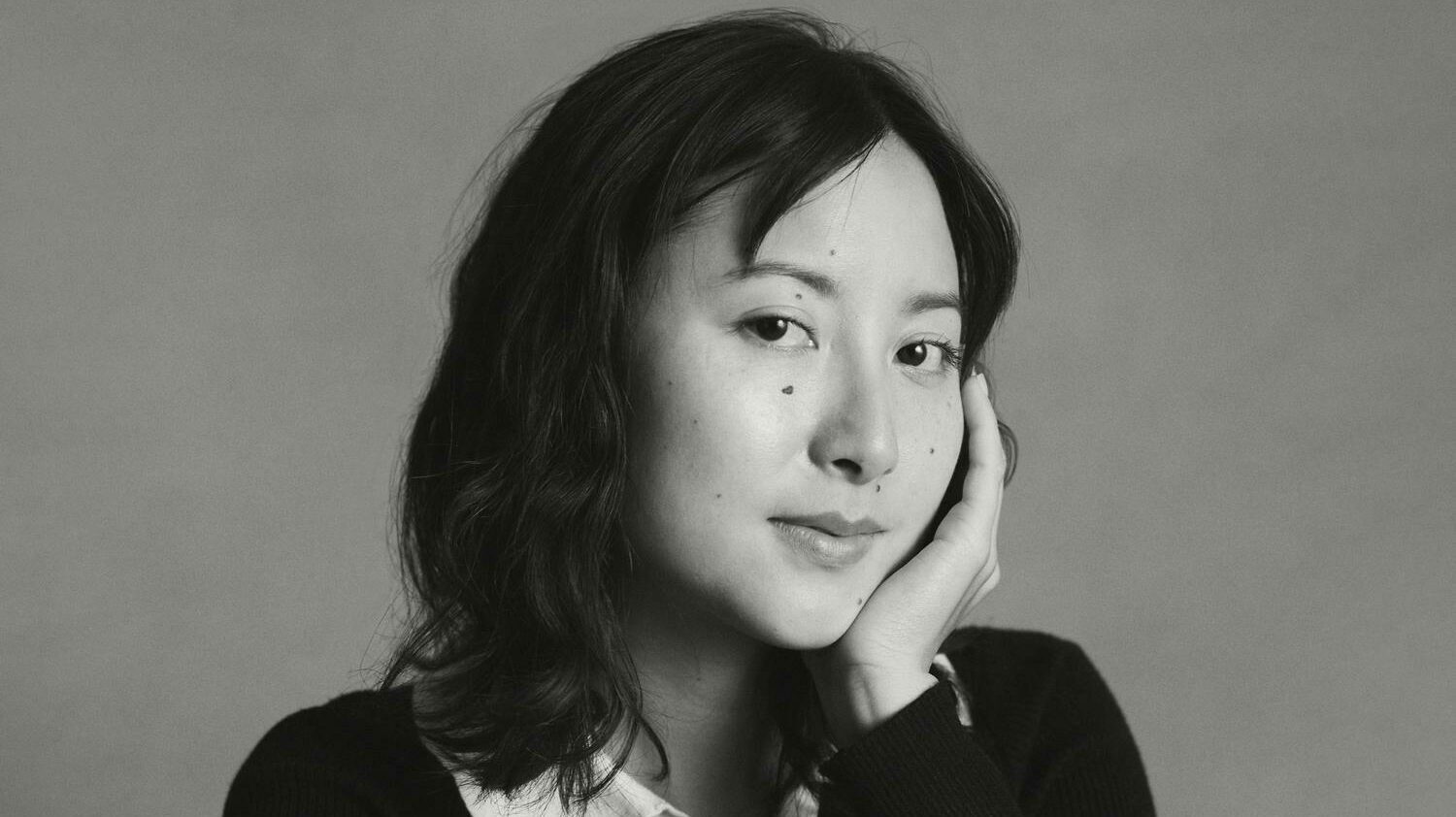'Without a Whisper': A Conversation with Director Katsitsionni Fox
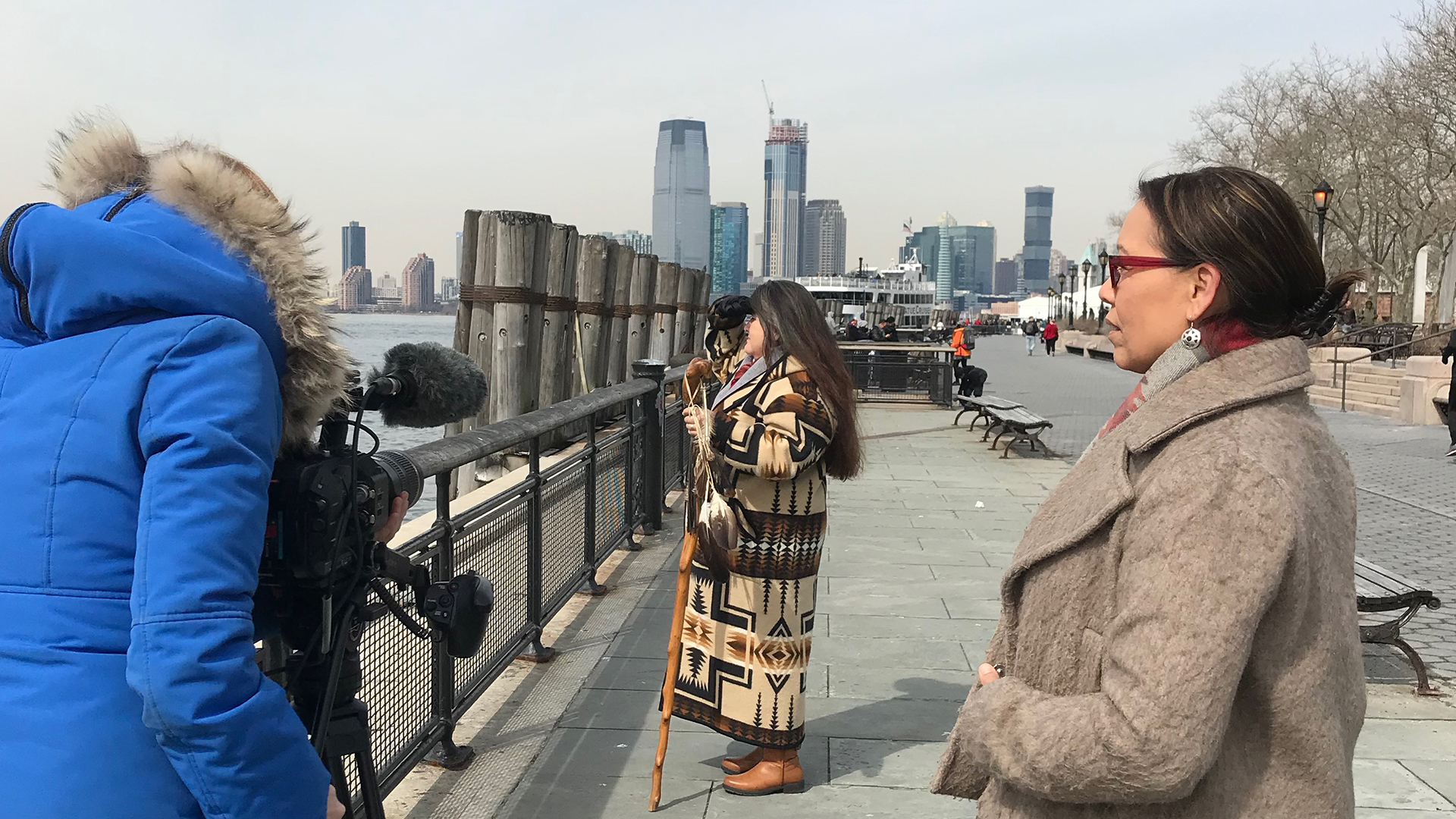
Editor's Note: This article was previously published for Vision Maker Media.
Katsitsionni Fox, a Native woman filmmaker, reflects on the strong women leaders around her through her work. Her mother, grandmother, and other women in her tribe are integral to her life, and she is deeply grateful for the part women play in her community and wanted to showcase their lives in film.
“All the films that I’ve done, I’ve known the people that are in the film,” Fox says. “You have that trust with them so they become comfortable with you and they know you’re not there to exploit their story… you’re connected to them and that [exploitation] isn’t your purpose.”
Whether it is in a ceremony like the one documented in “Ohero:kon – Under the Husk” or reviving speaking Haudenosaunee languages in her community, the shift is being noticed. Indigenous people have felt their languages, land, and so much more has been taken, but creating something like “Under the Husk” felt like a way to reclaim her culture and traditions. While Fox did not have a coming of age ceremony herself, the film allowed her to document her daughter’s ceremony. Her children and grandchildren are now fluent in Mohawk, even if Fox is not.
These milestones are what continue to inspire and motivate her to use her gifts to keep sharing these stories of her community.
“I’ve seen us be able to take things that we thought were lost and have us bring them back,” she says.
Fox noted a need to share more of the passage rites and histories that are unknown to so many. In her film “Under the Husk,” she discusses Mohawk women’s journey through their passage rites. In “Without a Whisper” she focuses on Mohawk women’s influence on society, and their society’s impact on American history that she feels not enough people know. It was important to her that a film documenting Haudenosaunee women’s influence on western society was made by a Haudenosaunee woman.
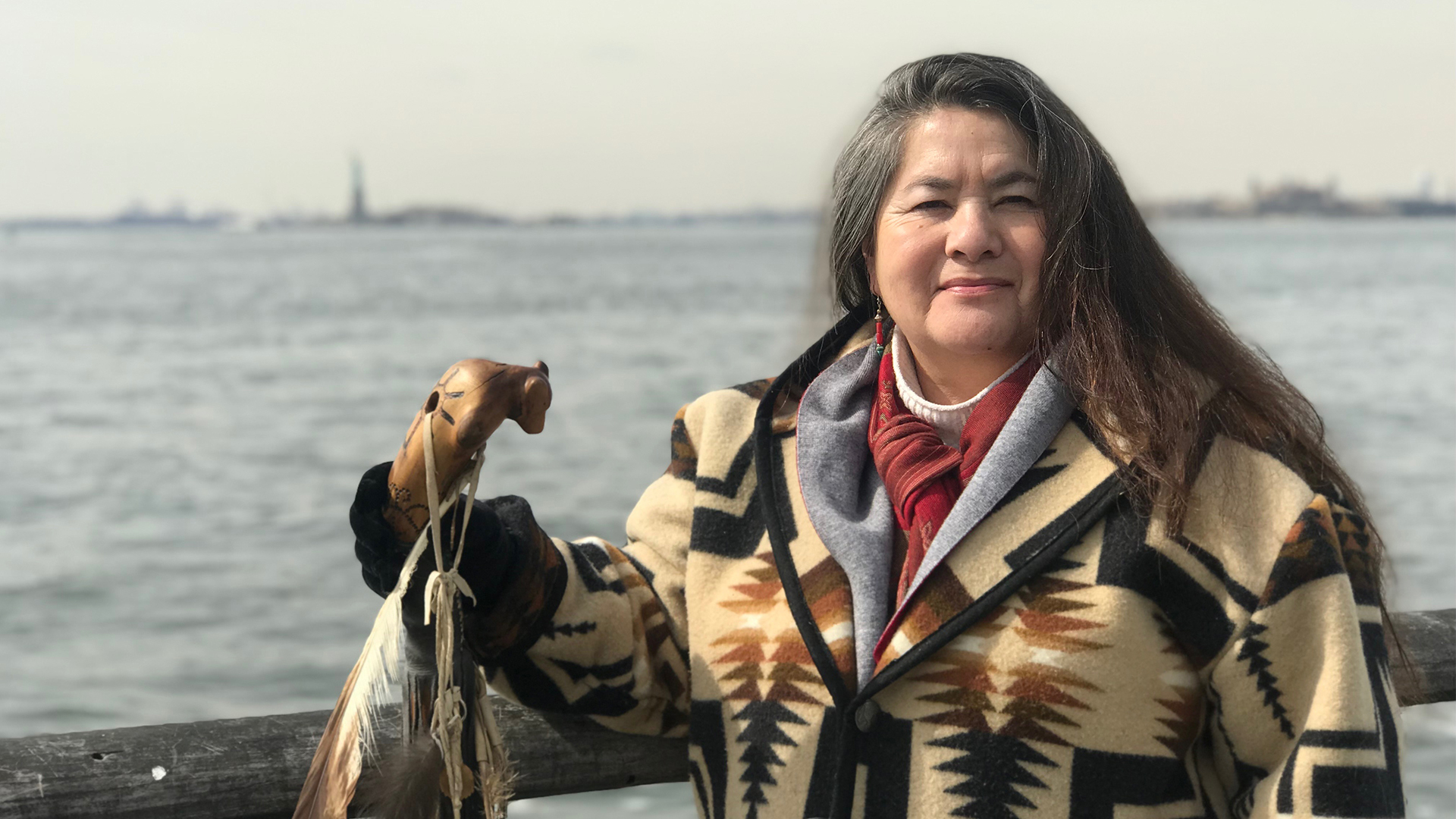
Through creating this film she feels a connection to her grandmothers and the importance of honoring their story.
“I felt really connected to my grandmothers when I was doing it,” Fox said, “I was really conscious of honoring their story… they’re the ones that influenced that early feminist [movement], you know, and they were never acknowledged for that.”
Fox says that while there has been a huge growth in the amount of women filmmakers and storytellers having the platform to share their stories, we need more. She has seen a shift in her lifetime of women in all roles, and the pride it brings to young people to see themselves represented in media.
“[It] brings a lot of pride to our young people to be able to see the positive influence they’ve had not just in this country, but all over the world… I just think women are going to come more and more into their power and strength,” she says. “That’s what I’m seeing. I see it in the young people you know it’s everywhere and it’s getting stronger.”
Fox is grateful she has the space to share these stories that might have otherwise gone unheard, due to the belief that women belonged in the home and not speaking out in society. She acknowledged that is a part of the colonized mindset, and it is thankfully is starting to change.
“You know, my grandmothers from generations past didn’t have the ability to do that. They were living in that kind of colonized mindset where women have that certain role of just staying in the house and those kinds of things. That kind of took over and now it’s kind of changing and we’re going back to how we were before,” she says. “I appreciate being in this moment where I can witness that and also where I have the ability to be an artist and to document these things.”
All the stories Fox shares through her films harbor deep meaning to her and she doesn’t feel she should tell any story that doesn’t resonate with her.
“I feel like the film comes through me, not from me. When it’s done I don’t feel like ‘I should have done this differently or I should have done that differently’ because I think that’s the way it was meant to be.”
When sharing these stories, she views herself as the vessel. The stories she shares are authentic and honest, and she lets the story unfold rather than trying to mold it.
“I can feel it. There are 100 stories out there but when there’s one I’m meant to tell I can feel it and I know it… I have people that approach me all the time like ‘can you do a film on this?’ and I have no interest in that. It has to be something that really resonates.”
All the stories Fox shares through her films harbor deep meaning to her and she doesn’t feel she should tell any story that doesn’t resonate with her.
“I feel like the film comes through me, not from me. When it’s done I don’t feel like ‘I should have done this differently or I should have done that differently’ because I think that’s the way it was meant to be.”
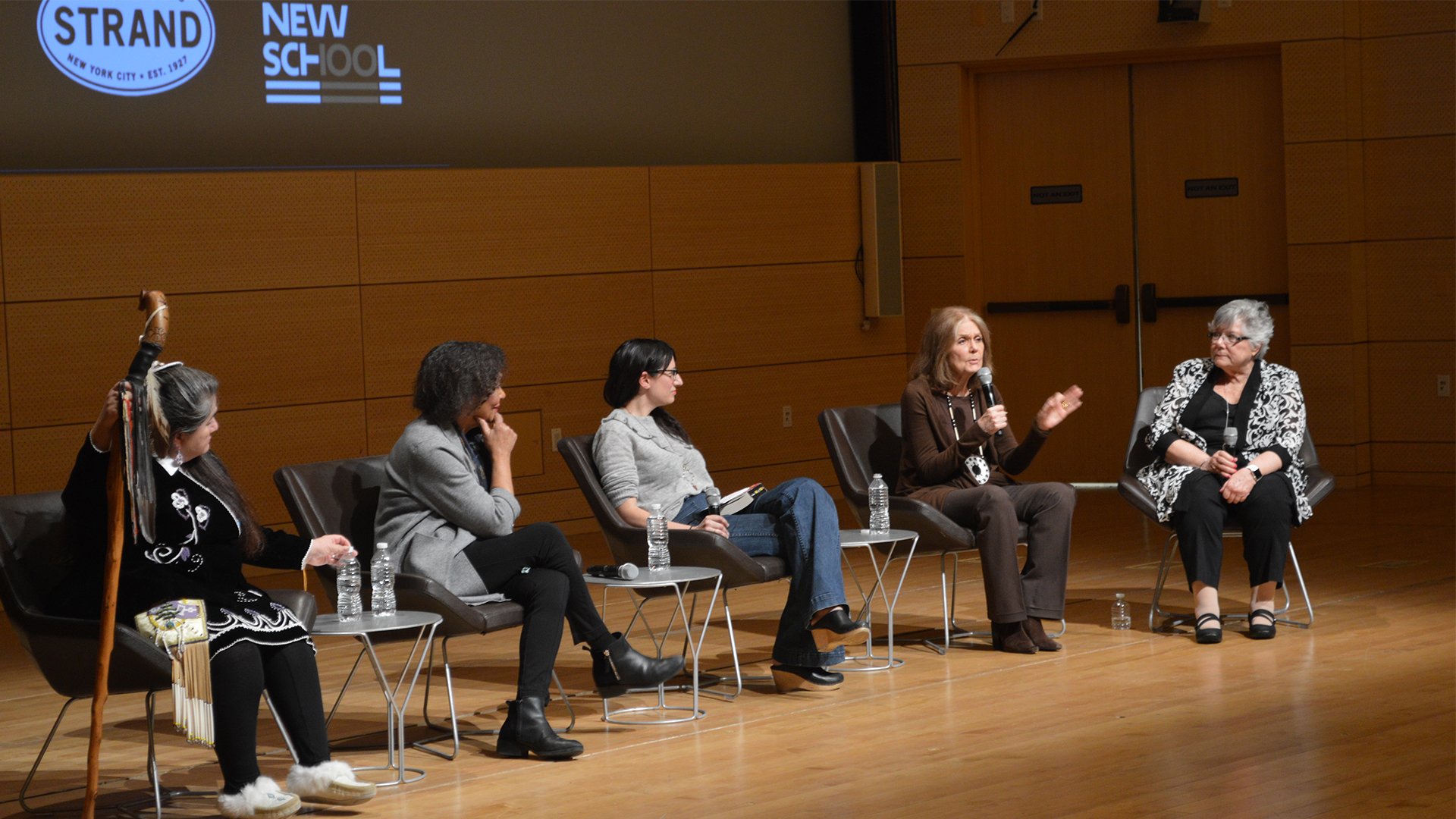
When sharing these stories, she views herself as the vessel. The stories she shares are authentic and honest, and she lets the story unfold rather than trying to mold it.
“I can feel it. There are 100 stories out there but when there’s one I’m meant to tell I can feel it and I know it… I have people that approach me all the time like ‘can you do a film on this?’ and I have no interest in that. It has to be something that really resonates.”
As women in film continue to grow and expand, Fox holds great hope and pride in the changes she sees — she believes now more than ever people are open to hearing new stories, views, and perspectives. Looking to the future for women, she sees them coming more and more into their power and strength.
“My advice to women leaders is to just speak your truth. Not to be pulled in all different kinds of directions. Just to speak your truth and share the gifts you were put here with.”
“Without a Whisper” will be streaming on PBS.org from July 12-23 as part of the PBS Short Film Festival 2021.
Without a Whisper
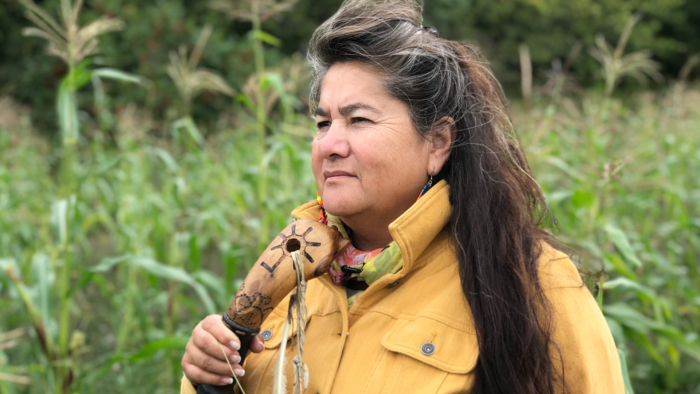
About the Author
More like this
Visit the Behind The Lens Blog